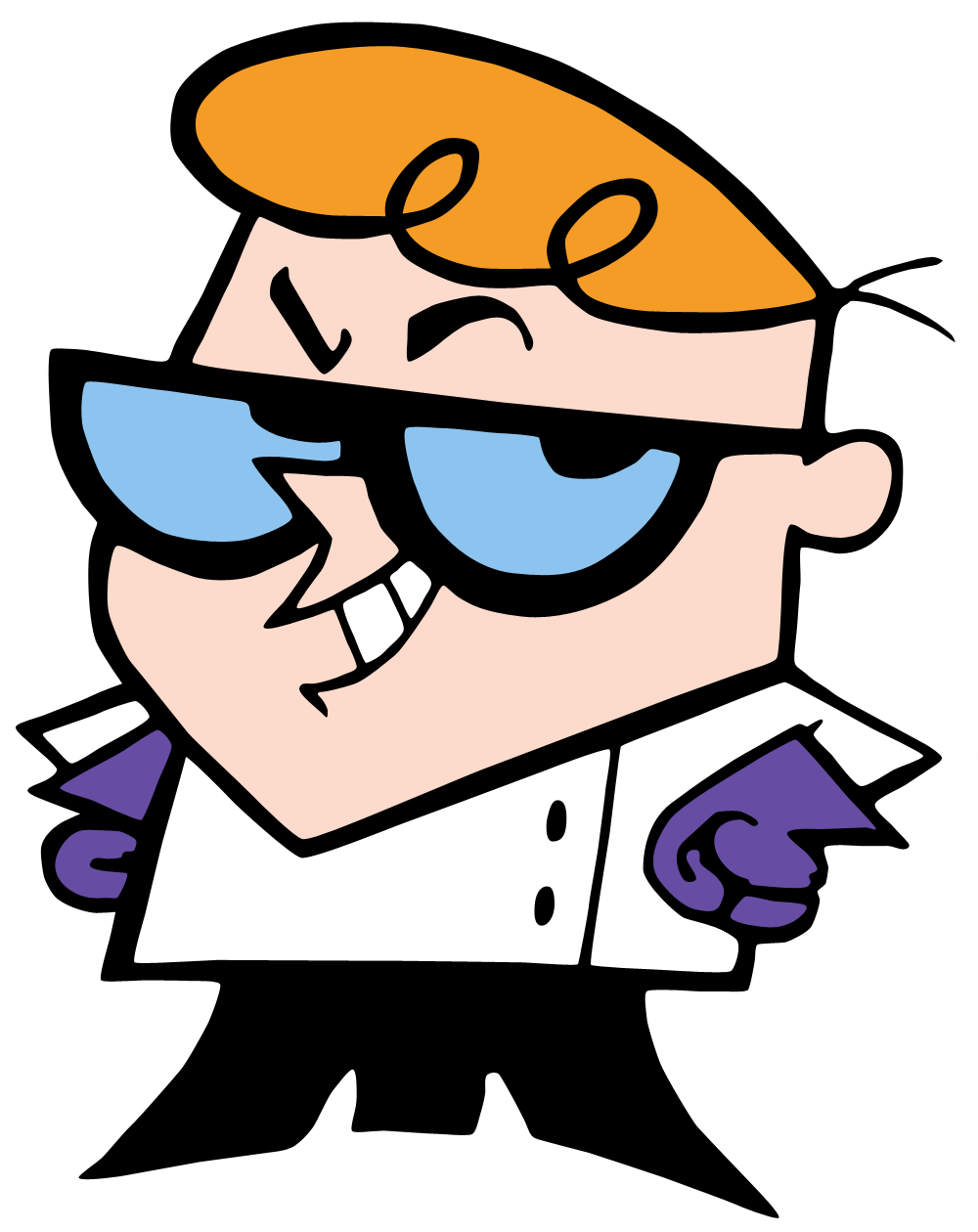top of page
TheDexterians
Blood is our Gold

Glossary
Acute leukemia - A rapidly progressive form of leukemia.
Anemia - A disorder of the red blood cells in the blood, commonly caused by a lack of iron.
Antibodies - A protein produced by the immune system when it detects harmful substances.
Antigens - Substance that causes the immune system to produce antibodies aginst it.
Blood - Living tissue composed of blood cells suspended in plasma.
Blood clot - A process that prevents excessive bleeding when a blood vessel is injured.
Blood vessel - Intricate networks of tubes that transport blood throughout the whole body.
Bone marrow - Tissue in the bones where blood cells are produced.
Blood transfusions - A safe, common procedure in which you receive blood through an IV.
CBC test - A test that provides the total number of cells, platelet count, hemoglobin, and average red blood cell size.
Chronic leukemia - A very slow reproduction form of leukemia.
Clotting factors - Substances in the plasma that are related to the clotting proccess. This includes fibrinogen, thromboplastin and calcium ion.
Codominant - Two alleles relating to each other in a heterozygote.
Dominant - Most important, powerful, or influential.
Erythocrytes - A medical term referring to red blood cells.
Erythropoietin - A horomone released by the kidney that gives the stem cells responsible for blood cell production a stimulus that has them create more blood cells.
Fibrinogigen test - A test that tells you the amount of fibrinogen in the blood. Fibrinogen is a protein made in the liver to help stop bleeding by helping blood clots to form.
Genotype - Genetic makeup of a cell, organism, or an individual.
Glucose - A type of sugar in the human metabolism.
Glucose test - A test that measures the amount of sugar, or glucose, in the blood.
Hematocrit test - A blood test that measures the amount of red blood cells in comparison to all of the blood.
Hemoglobin - A protein that transports oxygen throughout the blood. It also gives the red blood cells its color.
Hemoglobin A - The most common type that is found in adults.
Hemoglobin A2 - The type A2 hemoglobin is found in adults, but only in small amounts.
Hemoglobin F - Fetal hemoglobin found in fetuses and babies.
Hemoglobin electrophoresis test - A blood test that checks the different types of hemoglobin in the blood.
Hemophilia - Rare bleeding disorder in which the blood does not clot normally.
Hodgkin lymphoma - A cancer of lymph tissue.
Sickle Cell Disease - Cells that are normally shaped like a disc take on a more crescent shape.
Hemochromatosis - Too much iron in the body.
Homeostasis - Variables are regulated to keep the body healthy and functioning.
Immunoglobin - Amount of antibodies in your blood.
Leukemia - Cancer of the bone marrow or blood, begins in the white blood cells.
Leukocytes - Medical term for a white blood cell.
Lipid profile test - A test that tells you about the lipids present in the body such as cholesterol and triglycerides.
Lymphoma - When the white blood cells form infection or disease in the lymph nodes.
Lymphnodes - Cancer of the lymph system.
Lymphocytes - Any of 3 types of white blood cells in a vertebrate's immune system.
Megakaryocytes - The large bone marrow cells located in the bone marrow responsible for the production of thrombocytes.
Mutation - A change in DNA.
Mylemoma - Cancer that starts in the plasma cells in bone marrow.
Non-hodgkin lymphoma - Cancer of the lymph tissue.
Pedigrees - Family tree
pH - Potential of Hydrogen
Platelets - Cells that circulate in our blood that bind together when they recognize damaged blood vessels.
Plasma - The liquid portion of the blood.
Plasma cells - White blood cells that secrete large volumes of antibodies.
Pluripotential Hematopoietic Stem Cells - The stem cells that are used to create both red and white blood cells.
Phenotype - Composite of an organisms observable charateristics.
Thrombocyte - The medical term for platelets
Thrombopoietin - The hormone responsible for beginning the production of platelets.
Type A - Has only the A antigen on red blood cells.
Type B - Has only the B antigens on red blood cells.
Type AB - Has both antigens on red blood cells.
Type O - Has neither antigens on red blood cells.
Red Blood Cells - Cells that contain hemoglobin that carry oxygen to the tissues in the body.
White Blood Cells - Cells that fight infection.
A-G anchor
H - P anchor
Anchor S-Z
To the top
bottom of page